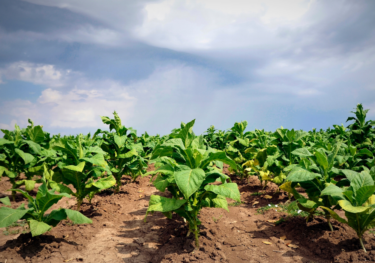Recent Release | 27 Nov 2023
The Economics of Reduced-Risk Products: Global policy landscape and principles for policy treatment

Economic Consulting Team
Oxford Economics

Heated Tobacco Products (HTPs) and vapour products (e.g., e-cigarettes) are new categories of Reduced-Risk Products (RRPs) in the tobacco market that have gained in popularity in recent years, with global sales of approximately US $20 billion each in 2020. In response, the World Health Organization Framework Convention on Tobacco Control (WHO FCTC) has generally advocated a precautionary stance. For HTPs that can mean imposing equivalent fiscal and non-fiscal rules that are applied to combustible tobacco products. For e-cigarettes, it can mean strict controls on usage, with a focus on protecting vulnerable groups.
However, pursuing a harsh stance towards RRPs could potentially limit policymakers’ options for mitigating health risks, and puts at risk the positive economic footprint supported by the RRP industry, in terms of the GDP, jobs, wages, and large R&D investments it supports.
Against this backdrop, we propose three key principles that regulating authorities should adhere to for optimal outcomes in their approach to RRPs: tailor restrictions on RRP usage to different groups; differentiate the treatment of RRPs from combustible tobacco products; and incentivise innovation in industry to achieve better health outcomes at the population level.
You might be interested in

The economic impact of the sports activities of public service media
This study shows how the sports activities of public service media supported €4.5 billion of GDP and 57,000 jobs across 31 European countries in 2022. The report also highlights wider economic benefits of public service media sports coverage, such as the way in which it leverages sponsorship income for sports bodies.
Find Out More
Global Trade Education: The role of private philanthropy
Global trade can amplify economic development and poverty alleviation. Capable leaders are required to put in place enabling conditions for trade, but currently these skills are underprovided in developing countries. For philanthropists, investing in trade leadership talent through graduate-level scholarships is an opportunity to make meaningful contributions that can multiply and sustain global economic development.
Find Out More
Mapping the Plastics Value Chain: A framework to understand the socio-economic impacts of a production cap on virgin plastics
The International Council of Chemical Associations (ICCA) commissioned Oxford Economics to undertake a research program to explore the socio-economic and environmental implications of policy interventions that could be used to reduce plastic pollution, with a focus on a global production cap on primary plastic polymers.
Find Out More
The Economic Contribution of Mexico’s Audiovisual Industry
This report demonstrates the integral role that the AV industry plays in Mexico's economy by estimating the industry’s domestic economic footprint. The analysis comprises all aspects of the audiovisual industry, including film production, distribution, and exhibition; the production, distribution, and broadcast of television content on free-to-air and pay TV channels; and online video platforms. Our estimates provide a recent snapshot of the audiovisual industry, including impacts at the broader industry level and broken out by sub-sector.
Find Out More